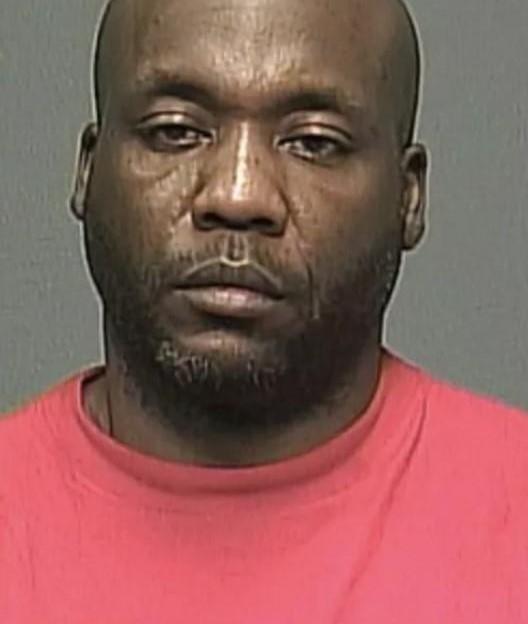WINNIPEG—A judge told a Winnipeg man convicted in the killing of a woman whose body was found decomposing in a barrel that he deserved every second, minute, and month of his lifetime sentence.
“You were by any estimation a curator of a house of horrors,” Chief Justice Glenn Joyal said to Perez Cleveland, 46.





